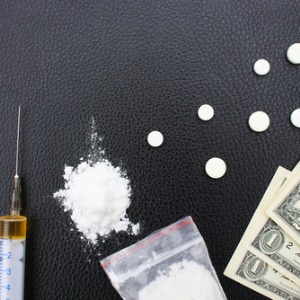Treatment for Substance Use
 ALCOHOL ABUSE AND ALCOHOLISM:
ALCOHOL ABUSE AND ALCOHOLISM:
Every day millions of people feel the negative after-effects of drinking alcohol but are unaware that they have a drinking problem. In time, what starts out as an innocent social activity becomes a habit and then gradually crosses over into a physiological and psychological addiction causing havoc in your life. Many signs and symptoms of alcohol abuse are easy to see, but others are more difficult to recognize. Over time, heavy consumption of alcohol does extensive damage to almost every system in your body. Alcohol abuse and alcoholism has a major impact on society causing thousands of innocent deaths each year and exacerbating situations involving violent crimes and domestic violence.
Alcohol abusers, or problem drinkers, are people who clearly drink too much on a regular basis. Their alcohol use is self-destructive or can present a danger to others, but they are able to set limits and establish some measure of control over their drinking.
When alcohol abuse progresses to alcoholism, also called alcohol addiction and alcohol dependence, the drinker loses control of the amount they drink, and they cannot stop using alcohol despite the severe physical and psychological consequences of excessive drinking.
 DRUG ABUSE AND ADDICTION:
DRUG ABUSE AND ADDICTION:
Drugs are chemicals that have a profound impact on the neurochemical balance in the brain which directly affects how you feel and act. People who are suffering emotionally use drugs, not so much for the rush, but to escape from their problems. They are trying to self-medicate themselves out of loneliness, low self-esteem, unhappy relationships, or stress. This is a pattern that too often leads to drug abuse and addiction.
Drug abuse or substance abuse, involves the repeated and excessive use of prescription or street drugs. In one way or another, almost all drugs over stimulate the pleasure center of the brain, flooding it with the neurotransmitter dopamine which produces euphoria. That heightened sense of pleasure can be so compelling that the brain wants that feeling back, again and again.
These drugs cause increased energy, rapid heart rate and elevated blood pressure, but they also produce racing thoughts and make you feel overly-stimulated. Continued use causes rapid breathing, irritability, impulsiveness, aggression, nervousness, insomnia, weight loss, tolerance, addiction, and possible heart failure. These drugs also cause an impairment in cognitive functioning which negatively affects memory and impacts the ability to learn.
Reprinted with permission from http://www.helpguide.org/. C 2008 Helpguide.org. All rights reserved.
SOURCE: www.helpguide.org


